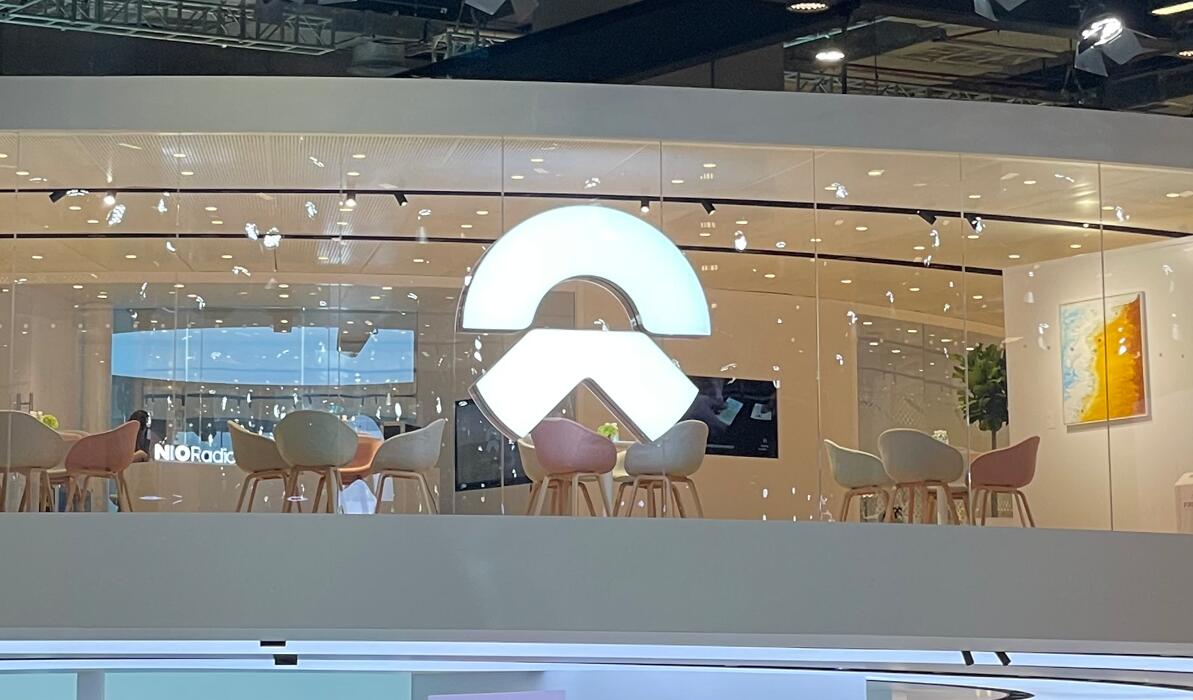NIO saw 68,748 battery swap services on April 29, the highest number in a single day during the holiday, with its sites along the highway providing 23,460 services that day. | NIO US | NIO HK | NIO SG

During the recently concluded Labor Day holiday in China, NIO (NYSE: NIO) provided 432,191 battery swap services, including 138,552 free services at battery swap stations along highways, according to data released today by the electric vehicle (EV) maker.
This year's Labor Day holiday in China ran from April 29 to May 3, and the data released today by NIO covers the period from April 28 to May 4, during which it allowed owners free, unlimited access to swap stations along highways.
NIO saw 68,748 battery swap services on the first day of the holiday, April 29, the highest number for a single day of the holiday, and its highway stations provided 23,460 services that day.
On May 2, NIO's sites along highways provided 23,632 services, the highest number of such sites in a single day. All of NIO's battery swap stations provided 64,309 services that day.
As of May 1, NIO had 1,384 battery swap stations in China, 366 of which are located along highways, according to data it released earlier this week.
In the past four days, NIO has not added any new charging piles or battery swap stations.
Most NIO owners currently have the benefit of four to six free battery swap sessions per month, and a few early adopters have unlimited access to the service.
The free battery swap benefits offered by NIO this past Labor Day holiday are in addition to the benefits already offered to owners.
The company offered similar benefits during the Chinese New Year holiday earlier this year, which saw a spike in the number of services offered at its battery swap stations.
NIO offered free access to battery swap stations from January 13 to February 5 during this year's Chinese New Year holiday, which ran from January 21 to January 27.
On January 27, NIO's battery swap stations reached an all-time high of 62,356 services in a single day, according to its previously announced data.
The post NIO sees over 430,000 battery swap services during Labor Day holiday in China appeared first on CnEVPost.
For more articles, please visit CnEVPost.










